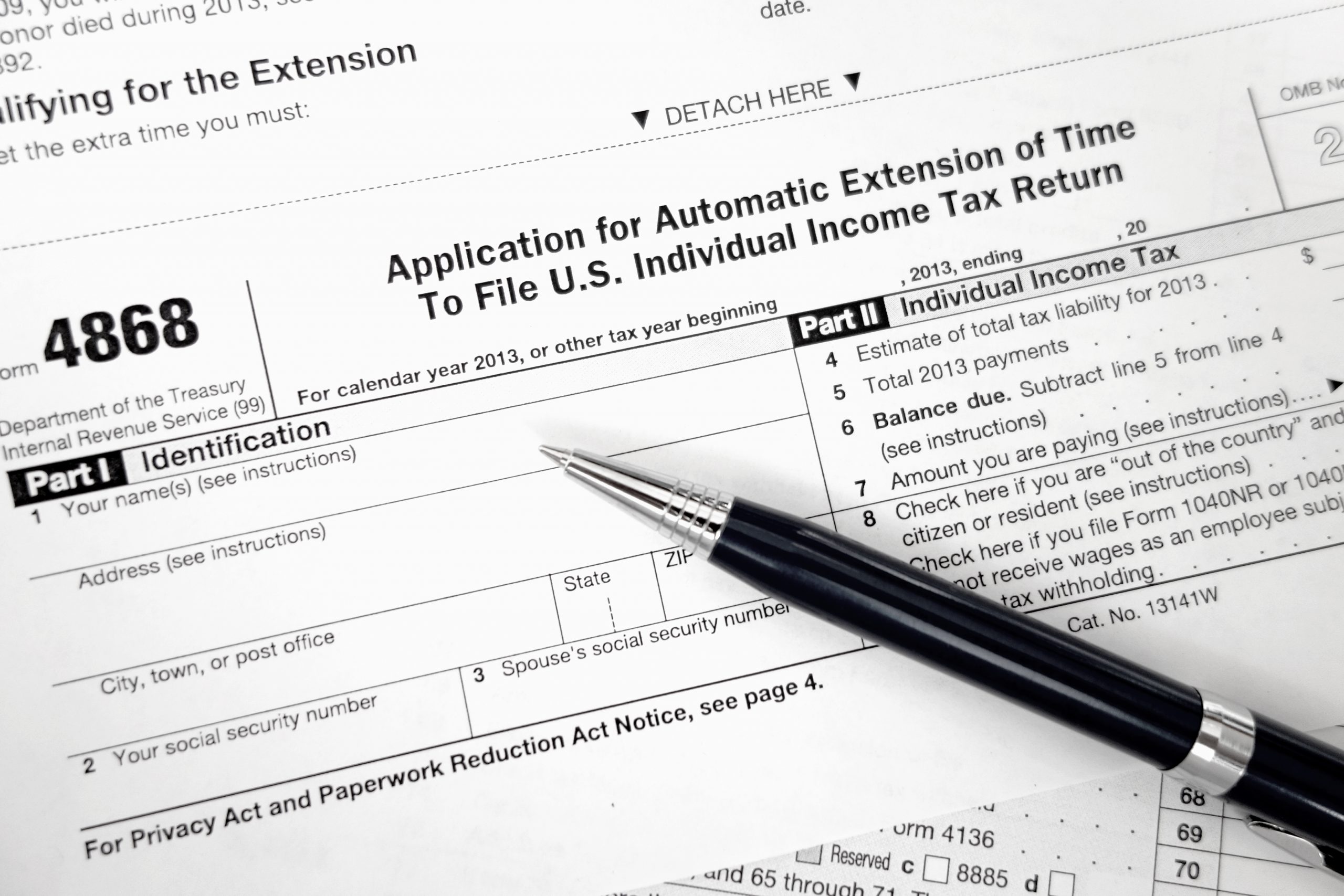The last day to file your taxes is fast approaching. As such, you may find yourself curious as to if you’re eligible for a tax extension and how you would go about obtaining one. A January news release from the Internal Revenue Service (IRS) said that “more than half of all tax returns are expected to be filed this year with the help of a tax professional.” The IRS also urged people once more to use a “trusted tax pro to avoid potential scams and schemes.”
[time-brightcove not-tgx=”true”]
For those who have yet to file their taxes, here is what you need to know about the 2025 tax deadline and how to apply for an extension.
When is the 2025 tax deadline?
Per usual, the tax deadline for this year is April 15—the U.S. tax day, which falls on a Tuesday in 2025.
Though the deadline is April 15, the IRS predicted in January that more than 140 million individual tax returns for the tax year 2024 would be filed ahead of the deadline.
As of April 4, the IRS had already received 101,422,000 individual income tax returns for the 2025 tax filing season.
Read More: Here’s When You Can Expect Your IRS Tax Refund and How You Can Track It
Have any states delayed their tax deadlines for 2025?
Natural disasters have affected U.S. citizens around the country this past year—from the wildfires in Los Angeles, to hurricanes in Florida and North Carolina, to floods in New York.
Twelve states have delayed their tax deadlines due to these disasters—though some of these extensions only apply to certain populations within said states.
For California wildfire victims, per the IRS, “these taxpayers now have until Oct. 15, 2025, to file various federal individual and business tax returns and make tax payments.
For victims of Hurricane Helene and Hurricane Milton in various states including West Virginia, Alabama, Florida, Georgia, North Carolina, and South Carolina—and parts of Tennessee and Virginia—the deadlines have been extended to May 1, 2025 to file for the 2024 fiscal year.
Other areas that qualify for a May 1 extension due to disaster relief include Juneau in Alaska and Chaves County in New Mexico, while those affected by severe weather in Kentucky now have until Nov. 3 “to file various federal individual and business tax returns and make tax payments.”
If you are unsure whether you qualify for a state’s extension, the IRS has a page specifically dedicated to news in each state, where taxpayers can toggle into the state, or states, they will be filing taxes in, to see if there is a delayed deadline.
The IRS also has a “Frequently Asked Questions” page for disaster victims, as well as a help line for general questions about individual tax filing at 1-800-829-1040 and for business tax filing at 1-800-829-4933.
What is a tax extension?
A standard federal tax return extension gives taxpayers six more months to file their taxes after the April 15 deadline.
It’s important to note, however, that according to the IRS, this extension is only for “filing” your returns. “An extension of time to file is not an extension of time to pay,” the IRS instructs.
How can you file for a tax extension?
You can file for a tax extension in three different ways.
Taxpayers can use IRS Free File to electronically request an automatic tax-filing extension.
Alternatively, when paying taxes using an online payment option—including a wire transfer or a credit card— via the IRS website, taxpayers can check the box that says they are paying as part of filing for an extension.
Lastly, those filing personal tax returns can file Form 4868, also known as the “Application for Automatic Extension of Time To File U.S. Individual Income Tax Return.” (Businesses can apply for an extension using Form 7004.)
Form 4868 can be filed by mail, online with an IRS e-filing partner, or through a tax professional.
Applicants will need to include the taxpayer’s name, address, Social Security number, and several payment estimations for the 2025 tax filing season. Though those who file for an extension still need to pay their taxes, filing Form 4868 itself does not incur a fee.
What is the deadline to file for a tax extension?
The deadline to file for an extension is the same as tax day itself—Tuesday, April 15.

